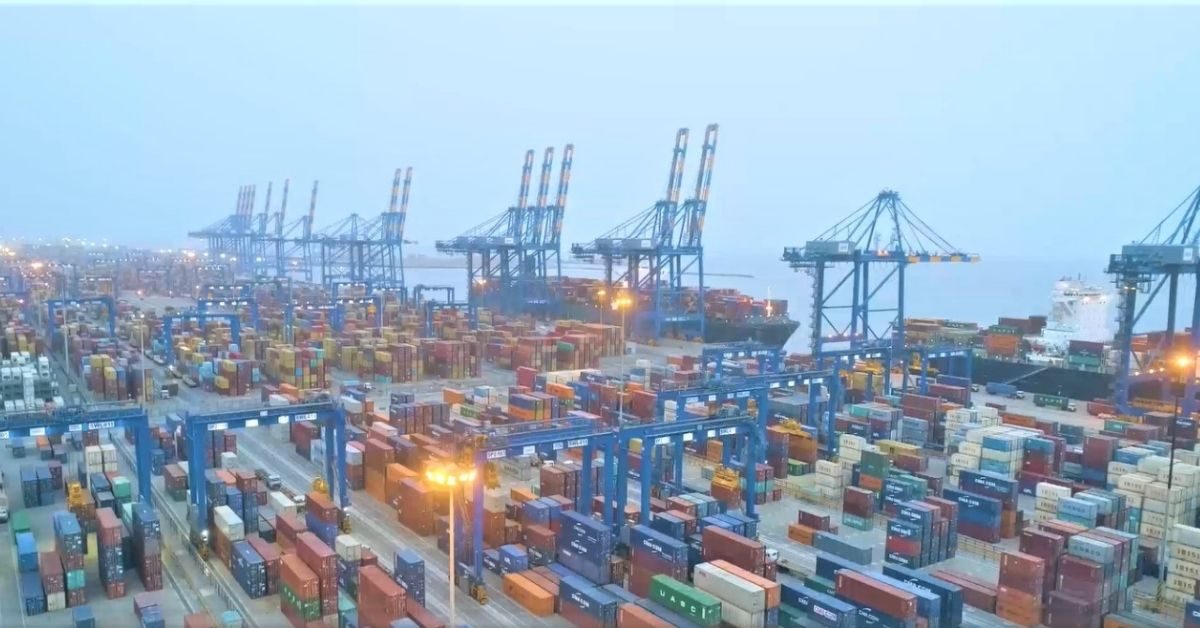In a significant operation at Mundra Port, the Directorate of Revenue Intelligence (DRI) confiscated around 200 containers of watermelon seeds, valued at about ₹100 crore. Authorities suspect about 17 importers in the smuggling network of being involved in the cargo, which was brought from Sudan.
The DRI’s Gandhidham Regional Unit, acting on specific intelligence, discovered that these importers attempted to evade rules established by the Directorate General of Foreign Trade (DGFT) in accordance with Notification No. 05/2023, which was published on April 5, 2024. Watermelon seeds might be freely imported between May 1 and June 30, 2024, according to the notification. Free imports were permitted for shipments billed up until June 30; imports beyond that date were prohibited.
The importers tried to take advantage of this regulation by submitting fictitious bills of lading to Customs, DRI officials found throughout the inquiry. The forged documentation made it appear as though the cargo had left before the June 30 deadline. The original bills of lading, which the authorities were able to locate and retrieve during their search operation, showed that the real shipment dates were after June 30, 2024, in violation of the DGFT laws.
The smuggling operation was exposed when the DRI discovered discrepancies between the actual records and the stated shipment papers. The seized goods were valued at ₹100 crore, while the total estimated worth of the smuggling operation, including customs, was around ₹39.65 crore.
Investigations are still underway, and all of the crates containing illegally imported watermelon seeds have been seized. It is anticipated that the DRI will take strong legal action against all of the people and organizations involved in the smuggling network after identifying them all. This seizure demonstrates how vigilant the authorities are in preventing illicit imports and guaranteeing adherence to trade laws.
The DRI’s crackdown is a part of a larger endeavor to protect the integrity of import-export operations and stop the abuse of trade rules. Authorities stressed that such operations would continue to ensure compliance with regulatory frameworks and that those found guilty of violating trade laws would face harsh consequences.








